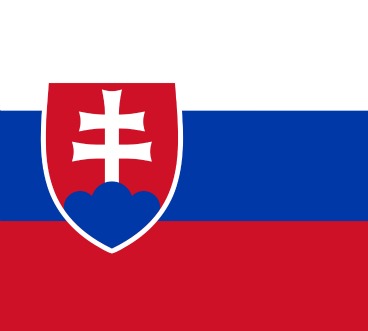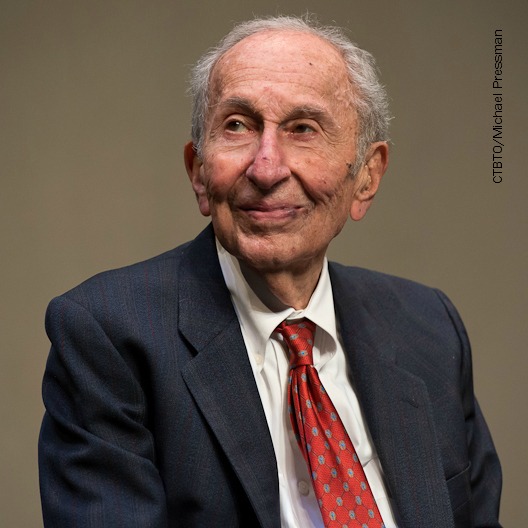Mr. Speaker, I rise in support of H. Res. 253, recommending the integration of Slovakia into the North Atlantic Treaty Organization.
In my years of service with the Commission on Security and Cooperation in Europe, I have observed the sometimes difficult transition to democracy of this Central European country. It has been very difficult for them. It was because of Slovakia’s own authoritarian leaders, most notably Vladimir Meciar, that Slovakia was rightly excluded from the accession process in 1997. Today, it is thanks to a new generation of bright and enlightened Slovak leaders that that situation has dramatically been reversed.
To the credit of the Dzurinda government, many important changes have already been undertaken. The support of the U.S. Congress for Slovakia’s admission to NATO reflects the deep respect my colleagues and all of us have for these remarkable achievements.
Let me just say to my colleagues that the reform process in Slovakia should not end with the Prague-NATO summit. On the contrary, the long-term well-being of Slovakia requires that this process continue and indeed intensify after November.
In this regard, there are three areas that I believe deserve particular attention.
First, the most recent elections clearly demonstrate Slovakia’s ability to elect pro-democracy, pro-western governments that respect the sacredness and sanctity of human life. The results of the 1998 elections were not a fluke but an illustration of real and meaningful democratic transition that first found its voice in civil society and then in the government itself. The question now is whether that maturity will also be found in a loyal opposition in the parliament, one that by definition has policy differences from time to time from the ruling coalition, but whose ultimate interest is in serving the Slovak people.
Second, the Slovakia government must make headway in fighting corruption. Unless and until that happens, the rule of law will remain weak, economic development will go to other countries, and justice will be elusive.
Finally, Slovak leaders must address in earnest the scourge of racism against the Roma. This problem, as we all know, is not unique to Slovakia. While other countries in the region have moved to counter the most alarming manifestations of hatred and intolerance, violent attacks, Slovakia has failed to bring these attacks under control. The NATO Participation Act of 1994, I would remind my colleagues, which all of us supported, made clear that “participants in the Partnership for Peace should be invited to become full NATO Members if they remain committed to protecting the rights of all of their citizens.” So we make a strong appeal to the Slovak leadership, please, undertake aggressive efforts to protect the Roma.
Mr. Speaker, I want to thank again my good friend for his leadership on this issue.






